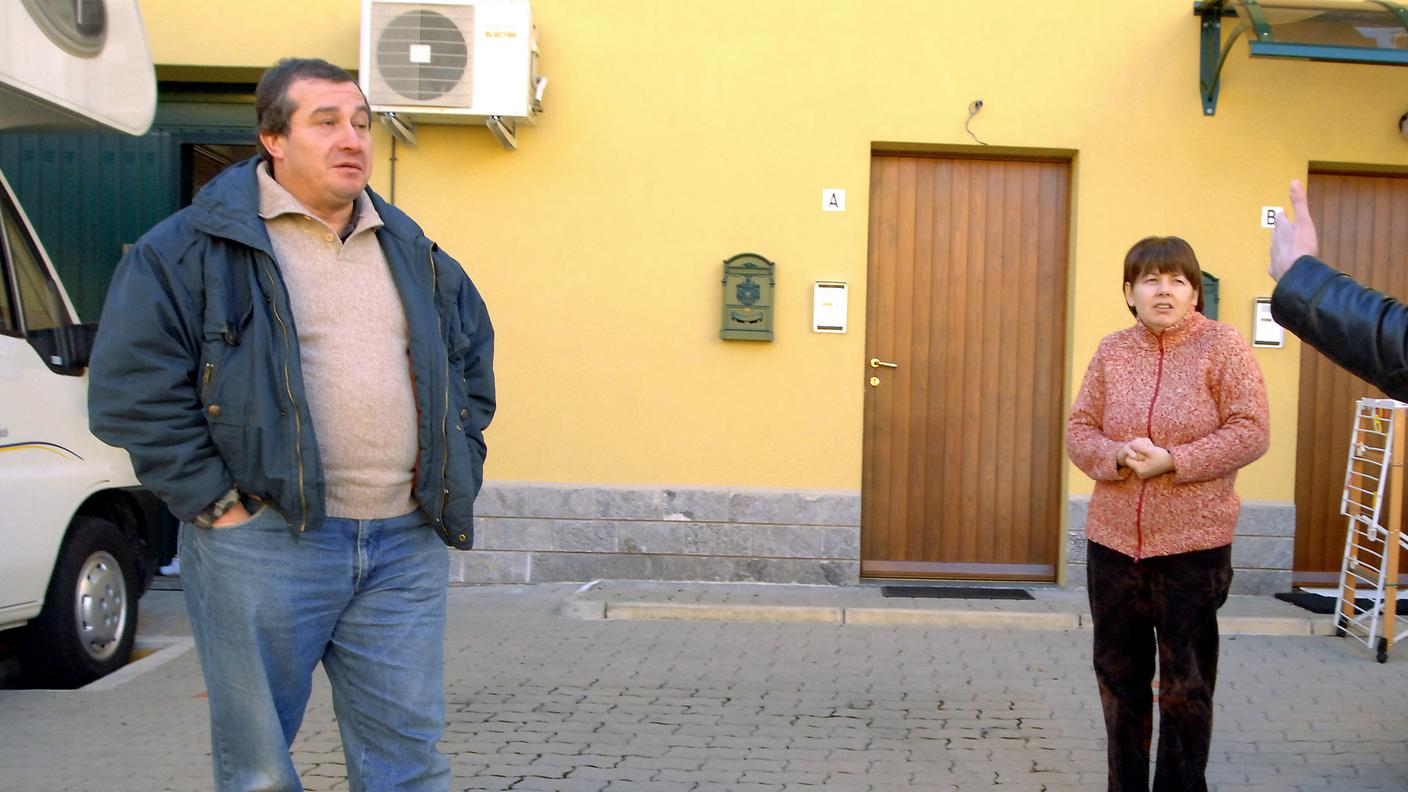The judges of the Brescia Court of Appeal have officially released their reasoning behind the rejection of the appeal for the Erba massacre case, confirming the life sentences of Olindo Romano and Rosa Bazzi. The court clarified that all the evidence presented by the couple’s defense team had already been evaluated during the three previous judicial levels and thus could not be considered new evidence. Additionally, the judges dismissed any claims of a conspiracy against Romano and Bazzi, which have been prominently discussed in various media outlets.
Romano and Bazzi were sentenced to life imprisonment for the murder of four individuals in Erba, a town in the province of Como, on December 11, 2006. The victims included 30-year-old Raffaella Castagna, her two-year-old son Youssef, her 57-year-old mother Paola Galli, and 55-year-old Valeria Cherubini, a neighbor. All four were brutally killed with knives and blunt instruments. Cherubini’s husband, Mario Frigerio, survived a throat stab wound during the attack.
Shortly after the murders, Romano and Bazzi confessed to the crimes, only to later recant their admissions during the trial, insisting on their innocence. During interrogations, they revealed specific details that only the actual perpetrator would know, and substantial evidence was gathered against them throughout the investigation. Their life sentences were upheld by the Milan Court of Appeal and subsequently confirmed by the Supreme Court, marking the final judicial decision.
In 2023, defense attorneys for Romano and Bazzi submitted a request for a retrial, a rare and extraordinary legal remedy within the Italian criminal procedure code aimed at correcting judicial errors leading to a final and irrevocable conviction. A second request was filed by Milan prosecutor Cuno Tarfusser, both relying on alleged investigative errors and potential new evidence brought forth by experts consulted in recent years.
The defense claimed the most significant mistakes occurred during Frigerio’s testimony, the handling of the couple’s confession, and the discovery of a bloodstain in Olindo Romano’s car. However, both retrial requests were rejected by the Court of Appeal on July 10. In their reasoning, the judges stated that the new evidence presented was not genuinely new but rather part of an alleged conspiracy theory against Romano and Bazzi, suggesting that investigators fabricated the blood trace found on Romano’s car and manipulated Frigerio’s testimony to force a confession from the couple, even going so far as to suppress intercepted conversations that might have proved their innocence.
The ruling emphasized that these alleged new elements were not credible and thus refuted any notion of a conspiracy involving the investigation. Specifically, the judges noted that the validity of Mario Frigerio’s testimony had been thoroughly examined across all three levels of the trial, and therefore, it could not be questioned at this stage based on unfounded hypotheses.
Furthermore, the judges clarified that television interviews could not be considered new evidence, as those interviewed are not required to speak the truth in the same manner as in court. Such interviews can be influenced by the medium and the publicity it affords, leading interviewees to cater to the interviewer and present themselves favorably, often expressing personal opinions or suppositions that would not be admissible in a courtroom setting.

